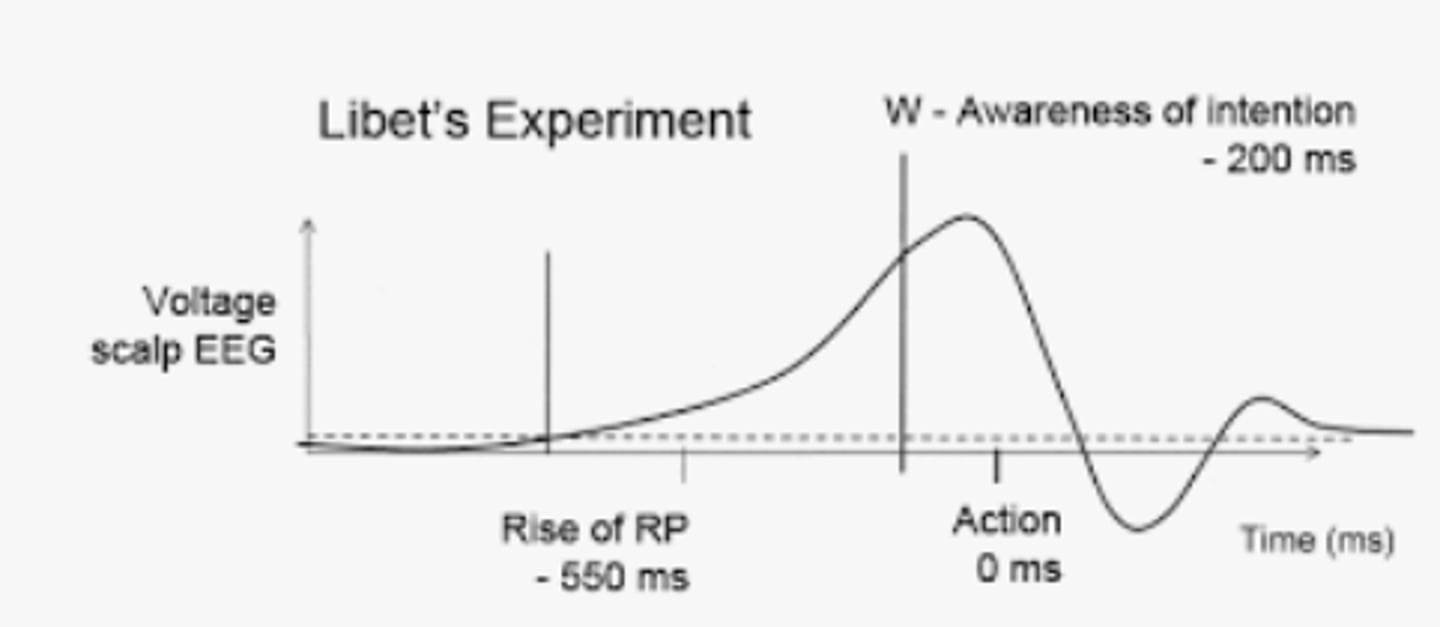I&D 01/02: Free Will & Determinism (b) A03
1/4
There's no tags or description
Looks like no tags are added yet.
Name | Mastery | Learn | Test | Matching | Spaced | Call with Kai |
|---|
No analytics yet
Send a link to your students to track their progress
5 Terms
Explain why determinism is compatible with the scientific emphasis on causal explanations, and free will is not (2+2)
* Scientific approach to psychology seeks to find cause-and-effect relationships
* This assumes determinism, with the manipulated IV being the determining factor on behaviour, the DV.
* Science assumes that physical causes bring about physical effects, e.g. low serotonin levels cause OCD.
* The idea that something non-physical like free will can have an effect on the physical world in the form of behaviour contradicts this assumption.
Explain why it can be argued that determinism is not falsifiable (3)
* Assumes that all behaviour has a cause
* If a cause is found, determinism is supported.
* If not , determinists assume that it will be one day.
(* So, determinism is not falsifiable)
Explain why determinism is incompatible with our legal system (4)
* Retribution: offender should get his/her 'just desserts'
* Implies that offenders are responsible for their actions
* i.e. that they freely chose to do them.
* Determinism: people do not freely choose actions
(* So, determinism is incompatible with our legal system)
Explain why Libet's findings suggest that free will is an illusion (4)
* Libet found that a specific pattern of brain activity preceded a conscious decision up to 10 seconds before conscious awareness of making the decision. (2)
* This undermines free will as the conscious experience of free choice is determined by the brain. (2)
(* Therefore, free will is an illusion)

Explain why therapies can be seen as actually increasing free- will (4)
* Disorders involve causes beyond our control
* Lead to lack of control over ones behaviour
* Therapies involve taking control / removing causes
* Soft determinism: actions are free if they are under our control
(* So, therapy increases free will by giving us control)